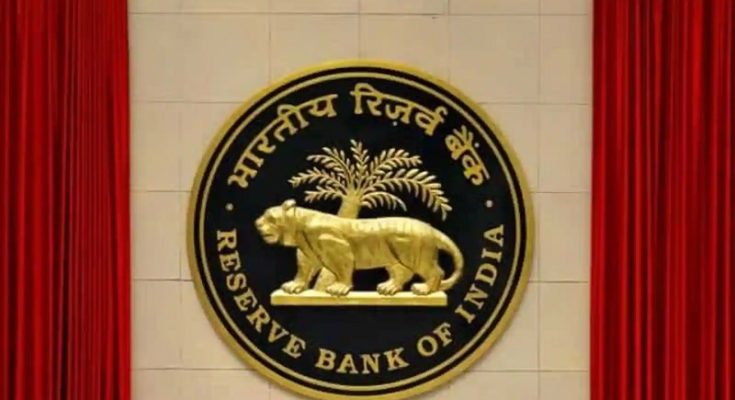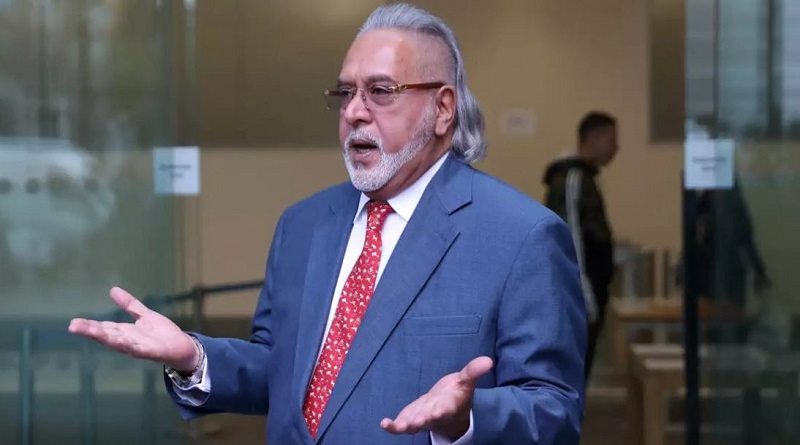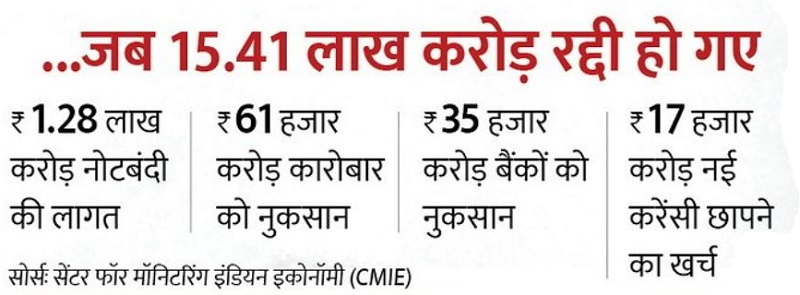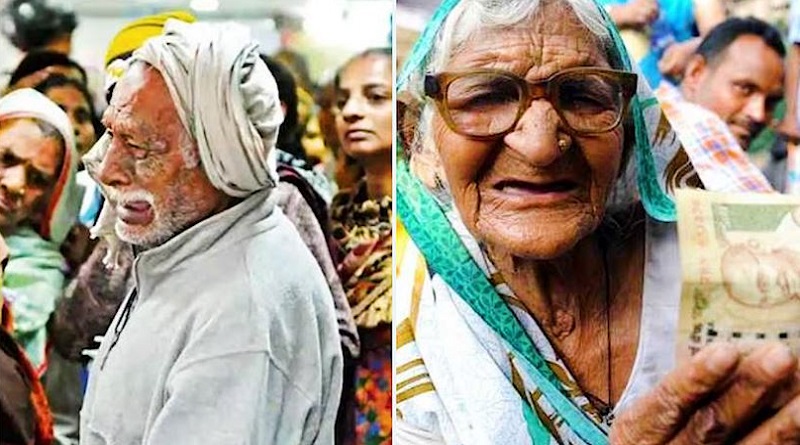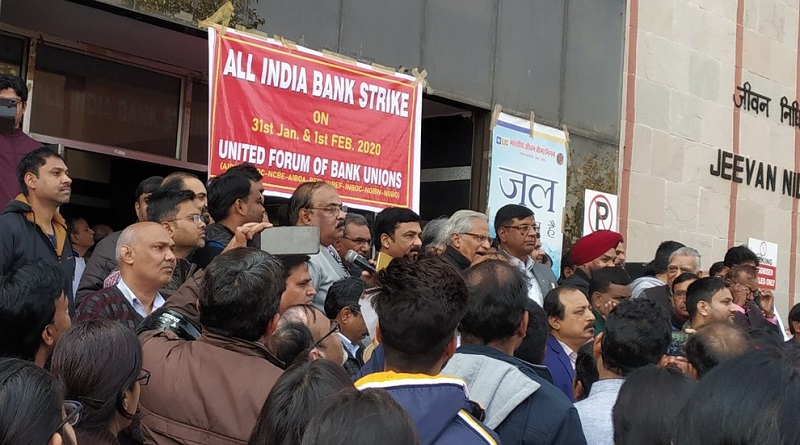By Krishnamurthy. V
“You, medical people will have more lives to answer for in the other world than even we generals.” – Emperor Napoleon Bonaparte.
We should tell this to the administrators, including RBI, the Finance Ministry and the Ministry of Corporate Affairs, that they will have to answer in the court of law, to more than just the employees. They will have to answer to the citizens of India. What have they done to the banking industry which is having a turnover of over 3oo lakh crores, and which is capable of generating more than 3 to 4 lakhs of crores of net profit?
Loan portfolios of Indian financial institutions make us believe that corporate loan portfolios were hacked, compromised, and directed from above. All the agencies in government are deliberately absolving their responsibility, saying banks are responsible for corporate cheating.
However, large loan defaulters are not demons which grew overnight or suddenly, and their ugly faces shocked the Indian banking system. The company board, auditors, financial market analysts, the banks, the RBI, the income tax department, the ministry of corporate affairs, all raised their hands and said that they are not accountable.
Emperor Napoleon said, “with all the renowned physicians on earth, I am dying.” Hundreds of loan regulations and guidelines issued by the RBI either intentionally or indirectly abet the wilful defaulters, and allow them to go scot-free. Not one defaulter has suffered an economic fall, with not even one a single blot in their reputation.
They continue to maintain their princely suites, priceless cars, and their extravagant lifestyle. The fallen company softly lands on the cushion of large loans, injuring no one in the high positions. They are still giving motivating speeches on success in corporatism various prestigious chambers of commerce.
Our observations here are limited to corporate defaulters above Rs.100 crores. On the other hand agriculture sector has been really marginalised, and they have not been able to come out of the claws of the vagaries of the monsoons. And SMEs are slowly fleeced by the monsters of the monopoly houses.
- बैंकों के दिवालिया होने पर क्या आपके मन में भी उठते हैं ये सवाल
- एक्सचेंज ट्रेडेड फंड के जरिए शेयर बाजार में निवेश करेगा ESIC

Why have NPAs been written off?: Finance Minister’s multiple responses:
Why have NPAs of such high value been written off, to the extent of causing banks losses? In the past, when this question has been asked, the usual response of our Hon. Finance Minister has been along the following lines:
-
That these loans were extended during the Congress regimes between 2004 to 2014.
-
NPA or write off does not mean banks abandon the collection of their loan dues.
-
Banks are under loss, because of mal-administration of public sector banks, a banking reform is essential to merge the loss-making banks by de-nationalizing the public sector banks.
The Finance Minister’s statements are unadulterated lies and are misleading the parliament itself. Banks had introduced four tire audit system.
These include external statutory auditors, internal audit teams, RBI inspections on big loans, in addition to centralised monitoring of all segments of loan. Clients’ balance sheets, quarterly, half-yearly and annual are also scrutinised. So, with all this post-sanction scrutiny and checks, companies still fall.
If there is a mounting default in their loans, it is a concerted scam of all agencies. Eventually, the victims are the depositors, the shareholders, the general public, and the national economy, which is a prime victim.

Are the present load defaulters from before 2013-14?
Finance Minister’s allegations that clients, enjoying loan facilities in 2013- 14 are defaulters to this day, is also a lie. Or perhaps she is unaware of the banking norms.
Loans with adequate securities can be lent for long term. But their balance sheets and accounts are under constant observation by the banks.
If EMIs are defaulted for three months, notices are sent and the loan is treated as an NPA, and the future interest charging stops. If she says that those long-term banking clients failed to honour their loan commitment in 2018 or 2021, then a disguised recession is setting in, and industries are finding it difficult to survive in this silent market collapse. Is she admitting that the market is facing a recession?
NPA in any bank undergoes various banking-medico treatments. First it is taken to Special Mention Account (SMA). If not cured, it is then shifted to categories of substandard loan, doubtful debts, and if it is still sick, it is treated as loss assets.
Any secured/unsecured overdrafts advances are renewable annually. So, if the loan is up to brim, and no transaction is done to reduce the outstanding now and then, then it is also treated as NPA.
When the Finance Minister accuses that these NPAs are given by the Congress government and their clients, it is clear admission, that there are two culprits not one. She is indirectly admitting that both BJP and Congress were interfering in the financial portfolio of the banking industry.
Finance Minister misguided by RBI?
The high-net-worth clients often seem to be a gross failure in their ventures, or they divert huge bank loans for some other investments. High-net-worth borrowers, who turn out to be the defaulters, are products of political pressures. Vijaya Mallya escaped to London, after his visit to Arun Jaitley, then Finance Minister.
Nirav Modi was in the Jumbo team accompanying the Prime Minister to UAE during trade negotiations. Political appointments are rampant in banks’ Board of Directors. Even RBI boards are filled with political influence.
None of the credit facilities extended in 2013-14 can be added to this massive Rs.15 Lakhs crores. For the reason, all those NPAs were fully (100%) provisioned and were written off from annual balance sheets of the banks.
They were either partly or fully written off or were paid, or securities were sold, and loans recovered or closed with one time settlement. Some loans were sold to Asset Reconstruction Companies (ARCs), and to certain extent principal part of these loans were recovered.
They do not figure in banks’ balance sheets as such payment is added to gross profit. In the event of recovery of defaulted loans, partly or fully, by above process, the amounts were treated as profit and directly credited to P & L. Madam Finance Minister is either misguided by the RBI, or she has misguided the house.
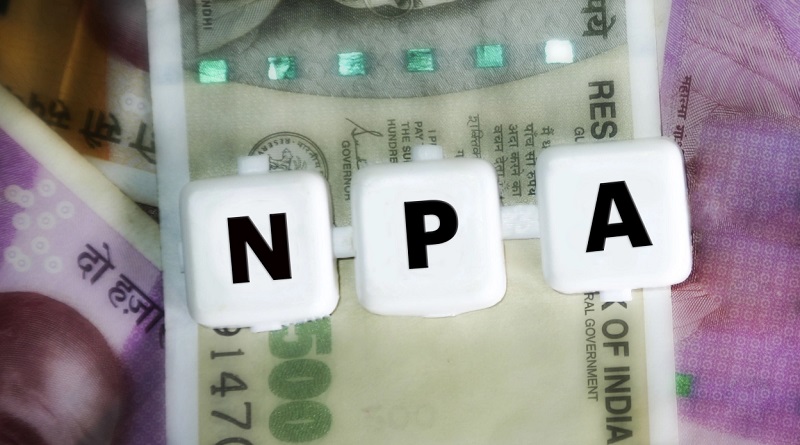
Current status of NPAs in India
It is reported that out of the 134 lakh crores of loans and advances in the banking industry to-day, 15 lakhs crores are in observation state, or are sub-standard, or doubtful, or loss assets, or in irrecoverable state of NPAs, under the Debts Recovery Tribunals or under SARFAESI Act 2002. Rs.10 lakh crores were written off in the last five years. It is evident that this is otherwise a doctored supervision system, wherein wounds are monitored to grow as gangrene.
Why corporate loans are turning more to NPA? Loan processing is a very huge process. Branch, credit department, legal department, bank lawyers scanning of documents, huge project report and five to seven years projection.
It is not demonetisation, which is announced by PM overnight and with claims that a long consultation had taken place with the RBI. Loans are released after a vast scrutiny, security, and observations. Post sanction follow up is also taken up.
Large loans have become irrecoverable, not because recession has stepped in and market is failing. But because of diversion of funds and shifting of investments or transferring to other activities, from where return or repayments are not forthcoming. Many divert these funds to foreign accounts.
The system is silent and never questions such use of loan funds, other than the purpose for which it was lent. The terms of contract between the client and the bank restrains the client against using the loan amount for purposes other than what it was sanctioned for.
Thus, money drawn from the banking system is drained by the evading client in their own states/regions. These funds are acting as an indirect capitalisation/trade fund/investment/value addition in their particular state/territory.
If 15 lakhs crores worth of bad debts were written off by banking system, which were earlier infused as cashflow in certain states like Gujarat, the state economy is indirectly funded. Highest number of Large Loan Defaults were committed by borrowers from Gujarat. It is an indirect bliss to that state’s economy.
The region thus surreptitiously capitalised on their economic activities. As these financial dues were not repaid, Indian banking system as a whole lost its Rs.15 lakhs crores banking assets from their lending portfolio. The curse is evenly borne by all Indians across the country.
The beneficiaries are the defaulters and their states. Whereas, in other states, where majority clients are honest and they do repay the loan, while remitting their loans, they indirectly absorb a part of state trade /service/ agricultural surplus, which the borrower creates by borrowing and investing.
It is oft repeated lie that recoveries are still possible as write off does not waives/absolve the liabilities of defaulters. For one, 1.3 lakhs crores had come back in last ten years. But from which segment is this recovery done? We have to obtain data from banks alone.
How ordinary depositors are silent victims?
Today, in the banking industry, the deposits are about Rs.17,792,068 crores (Savings + Current + Fixed Deposits). In contrast, loans and advances are Rs.13,308,916 crores from 137 scheduled commercial banks.
As per Basel Committee recommendations, banks have increased their commissions, brokerage, folio charges, locker fees, and so on, which are all shown as ‘Other Incomes’. This amount is dedicated to meet the establishment or human administrative expenses.
This ‘Other Income’ has gone up as banks have changed their policy from serving to fleecing the clients, by heavily increasing all charges.
These days we find that banks are earning a substantial surplus of income from all these service charges, even after all administrative costs are met.
The other thing to consider here is the ‘Spread’. ‘Spread’ is the percentage of gap or the margin between the expenses of interest paid to depositors, and the interest earning from all the loans, advances, guarantees, and other incomes. Earlier, banks were cautious to keep the ‘Spread’ between 2% to 2.5%. At that point, Fixed Deposit (FD) interest rates were between 9% to 13%. Savings were remunerated with 4.5% interest on running rates.
Loan interest ranked from 9% to 19%. This was the condition of traditional banks before 1990s. The banking sector was for service first, and profit later.
On the contrary, today interest rates on deposits have been slashed to 6.5% at best. Savings are charged at 3.5% and Current accounts, which are the largest give 0% interest, and are instead subjected to service charges. On the other hand, interest rates on loans and advances are in the bandwidth 8.5% to 16% or even 18%.
‘Spread’ arises out of interest paid and interest received, which on an average works out to an average of 4% for deposits (FD + Current + Savings), and an average 11% for loans. With rough calculations, we find that the Interest paid to all depositors stands at around Rs.7,11,000 crores, whereas the interest received from all borrowers is around 14,64,000 crores.
Consequently, the ‘Spread’ is roughly around 7,53,000 crores. You can see that this ‘Spread’ is depleted and fleeced for providing the NPA equivalent to the principal of the loan amount. Corporates calls this as Business Risk loss. Banks were earlier shown this loss.
This means that about 6 to 7 lakh crores were first provided for loans, which were already showing symptoms of fatigue.
Even FD loans against gold were provided for. This year in March 2022 bank balance sheets have shown good profit, despite huge appropriation towards future risks.
Who have lost the most in this NPA haul?
Citizens who kept deposits in the banks lost a part of the income as their deposit interest rates were lowered to create more income, to service the bad loans. Main victims were senior citizens. Moreover, people who were using the service of the bank, had to pay heavy commission, charges and in addition to the GST.
More than anything, the government has failed to implement the pension upgradation for bank retirees for years. Finance Minister has been repetitively promising verbally that she is working towards it. Yet no stone has been moved till date when it comes to this updating.
Moreover, bankers have hiked the health insurance to Rs. 42,000 per annum and senior citizens are facing huge financial burdens.
What is the remedy?
Banks have three stakeholders: Depositors, Employees, and Investors. It is not the mere job of the grievance cell which has the role to redress problems of the account holders, or which is going to safeguard the interests of the Bank. In Banks, some top levels officials act as ‘rogue elephants’, and they have swiped out 20 years of income of the banking company in one year’s operation. The whole system is playing the holy hymns in their annual general body. Because sinners and cursers and blessers are all the same. My recommendations are:
- Banking Secrecy Act is no longer valid and is even void under constitutional provisions. Here are the reasons why:
-
First reason is that most of the services have been outsourced, and the data of clients are already widespread in the market. This is acknowledged and approved by the banks and clients.
-
Second reason is that Corporate data is shared with Income Tax Department, Ministry of Company Affairs, and other banks or financial institutions for more loan exposures. Interestingly, UPI payment systems do get linked to banks and data are passed on. In reality, there is nothing secret.
-
It is illogical to protect the secrecy of the defaulting clients, who after cheating the prime bank, goes to the market for misappropriating and cheating many more. Thus, it is unwise to block the facts about ‘Wilful’ defaulters to other bankers and inquiring public.
-
Wherever, any controversy on Banking Secrecy has arisen, it has been a crime scene of cheating or malafide acts of the banking borrowers. Bankers refuse to part with information, even to police, even when their clients had carried out huge cheating and frauds.
This Act should be repealed, or amended, limiting Banking Secrecy to all Standard Accounts only.
-
Banks are the prime risk bearers on any advances to corporate companies. Ministry of Corporate Affairs should modify the Corporate Act. Wherever companies are exposed for Rs.10 crores or above to financial institutions, the major investor should be empowered to nominate one Director, with a minimum share allotted/ purchased and held, by the lending institution.
-
There should be new regulations on the qualification, nomination, accountability, and responsibility of director/s in higher levels in Banks.
-
Public sector banks shall have similar powers of income tax officers to use their official powers against the defaulting clients.
At a time with corporates and their directors are acting as ‘Modern Zamindars’, we the people have insulated them under special statutes and rights of the constitutions. These should revoked.
(Krishnamurthy V. is a retired banker from Bangalore and has extensively worked with bank employee unions and other Karnataka based movements. Editorial assistance for publishing his article was given by Riddhi from Workers Unity.)
Subscribe to support Workers Unity – Click Here
(Workers can follow Unity’s Facebook, Twitter and YouTube. Click here to subscribe to the Telegram channel. Download the app for easy and direct reading on mobile.)
